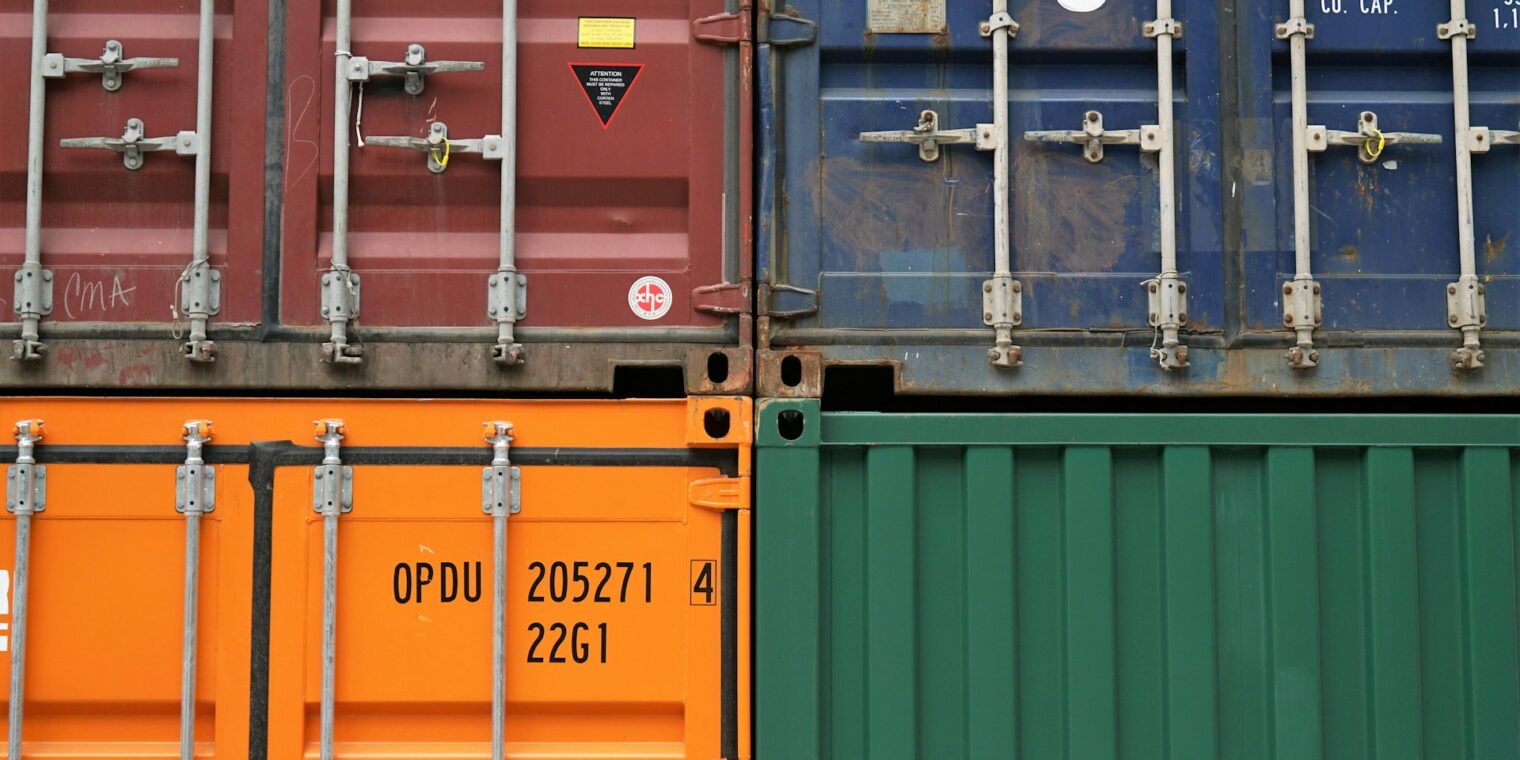In the vast world of global trade, the journey of a commodity like coconut charcoal is not merely about its physical transportation from one point to another. It’s also about ensuring its safety, quality, and compliance with international regulations. Coconut charcoal, classified as a Dangerous Goods item due to its flammable nature, requires meticulous attention to certification. As exporters, we don’t just provide coconut charcoal; we offer comprehensive freight forwarding services, guiding you through a hassle-free importing process. In this comprehensive guide, we’ll explore the significance of coconut charcoal certification, the essential certificates required, the importance of adhering to the correct HS code, and the risks associated with misdeclaration.
Understanding Coconut Charcoal Certification
Certification is the cornerstone of safe and compliant trade practices, especially for goods classified as Dangerous Goods. Coconut charcoal, known for its flammability, falls into this category, necessitating stringent certification protocols. These protocols ensure that the product meets established safety and quality standards, safeguarding both human health and the environment. Without proper certification, the transportation of coconut charcoal poses significant risks, potentially leading to accidents, environmental hazards, and regulatory penalties.
Essential Certificates for Freight Forwarders
For freight forwarders willing to handle coconut charcoal shipments, obtaining the necessary certificates is imperative. These certificates include:
- Certificate of Analysis (CoA): This document provides detailed information about the composition, properties, and quality of a specific batch of coconut charcoal. It serves as a vital tool for verifying compliance with regulatory standards and ensuring consistency in product quality.
- Material Safety Data Sheet (MSDS): The MSDS offers comprehensive information on the potential hazards, safe handling procedures, and emergency response protocols associated with coconut charcoal. It equips freight forwarders with the knowledge and resources needed to mitigate risks during transportation.
Safety and Handling Test (SHT) Certificate: This certificate confirms that personnel involved in the transportation of coconut charcoal have undergone safety training. It ensures that individuals are equipped with the necessary knowledge and skills to handle the product safely and effectively.
The Importance of HS Code and Proper Declaration
The Harmonized System (HS) code plays a crucial role in classifying goods for international trade. For coconut charcoal, the correct HS code is essential for accurate classification, documentation, and customs clearance. Misdeclaration of the HS code can lead to significant consequences, including delays, fines, and even the rejection of shipments. Therefore, freight forwarders must ensure that they declare coconut charcoal under the correct HS code (4402.90) to avoid compliance issues and facilitate smooth trade operations.
In the vast world of global trade, the journey of a commodity like coconut charcoal is not merely about its physical transportation from one point to another. It’s also about ensuring its safety, quality, and compliance with international regulations. Coconut charcoal, classified as a Dangerous Goods item due to its flammable nature, requires meticulous attention to certification. As exporters, we don’t just provide coconut charcoal; we offer comprehensive freight forwarding services, guiding you through a hassle-free importing process. In this comprehensive guide, we’ll explore the significance of coconut charcoal certification, the essential certificates required, the importance of adhering to the correct HS code, and the risks associated with misdeclaration.
Understanding Coconut Charcoal Certification
Certification is the cornerstone of safe and compliant trade practices, especially for goods classified as Dangerous Goods. Coconut charcoal, known for its flammability, falls into this category, necessitating stringent certification protocols. These protocols ensure that the product meets established safety and quality standards, safeguarding both human health and the environment. Without proper certification, the transportation of coconut charcoal poses significant risks, potentially leading to accidents, environmental hazards, and regulatory penalties.
Essential Certificates for Freight Forwarders
For freight forwarders willing to handle coconut charcoal shipments, obtaining the necessary certificates is imperative. These certificates include:
- Certificate of Analysis (CoA): This document provides detailed information about the composition, properties, and quality of a specific batch of coconut charcoal. It serves as a vital tool for verifying compliance with regulatory standards and ensuring consistency in product quality.
- Material Safety Data Sheet (MSDS): The MSDS offers comprehensive information on the potential hazards, safe handling procedures, and emergency response protocols associated with coconut charcoal. It equips freight forwarders with the knowledge and resources needed to mitigate risks during transportation.
Safety and Handling Test (SHT) Certificate: This certificate confirms that personnel involved in the transportation of coconut charcoal have undergone safety training. It ensures that individuals are equipped with the necessary knowledge and skills to handle the product safely and effectively.
The Importance of HS Code and Proper Declaration
The Harmonized System (HS) code plays a crucial role in classifying goods for international trade. For coconut charcoal, the correct HS code is essential for accurate classification, documentation, and customs clearance. Misdeclaration of the HS code can lead to significant consequences, including delays, fines, and even the rejection of shipments. Therefore, freight forwarders must ensure that they declare coconut charcoal under the correct HS code (4402.90) to avoid compliance issues and facilitate smooth trade operations.
Risks of Misdeclaration
Misdeclaration of coconut charcoal can have far-reaching consequences, impacting not only the freight forwarder but also other stakeholders involved in the supply chain. Misdeclaration may result in regulatory non-compliance, leading to fines, penalties, and legal liabilities. Moreover, misdeclaration undermines trust and credibility in the trade community, potentially tarnishing the reputation of the parties involved. Therefore, accurate declaration of coconut charcoal, along with adherence to certification requirements, is essential for maintaining integrity and transparency in global trade practices.
Conclusion
In conclusion, coconut charcoal certification is essential for ensuring the safety, quality, and compliance of this Dangerous Goods item in global trade. By obtaining the necessary certificates, adhering to the correct HS code, and avoiding misdeclaration, freight forwarders can mitigate risks and uphold the integrity of the supply chain. Through collaboration with reputable organizations and adherence to best practices, stakeholders can navigate the certification landscape with confidence, ensuring the safe and compliant transportation of coconut charcoal around the world. And, as exporters, we offer comprehensive freight forwarding services to guide you through a hassle-free importing process.

